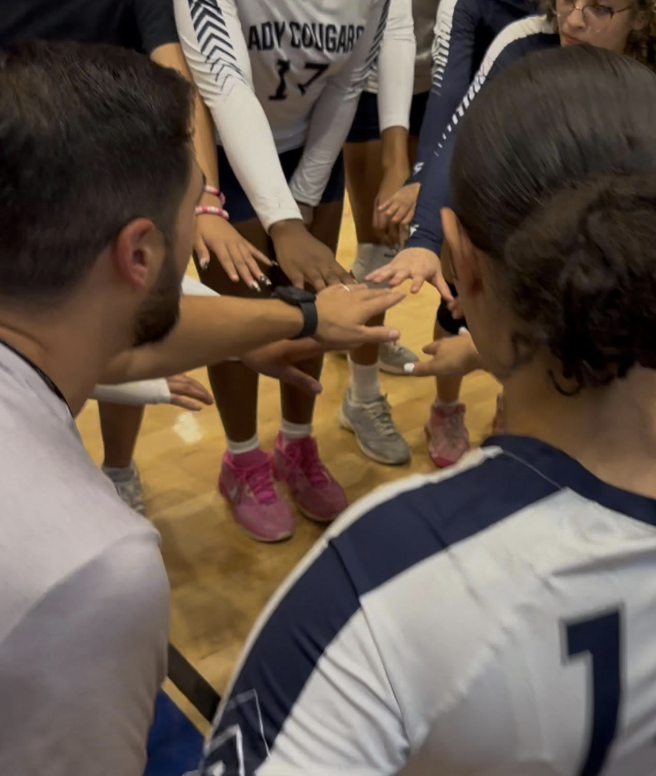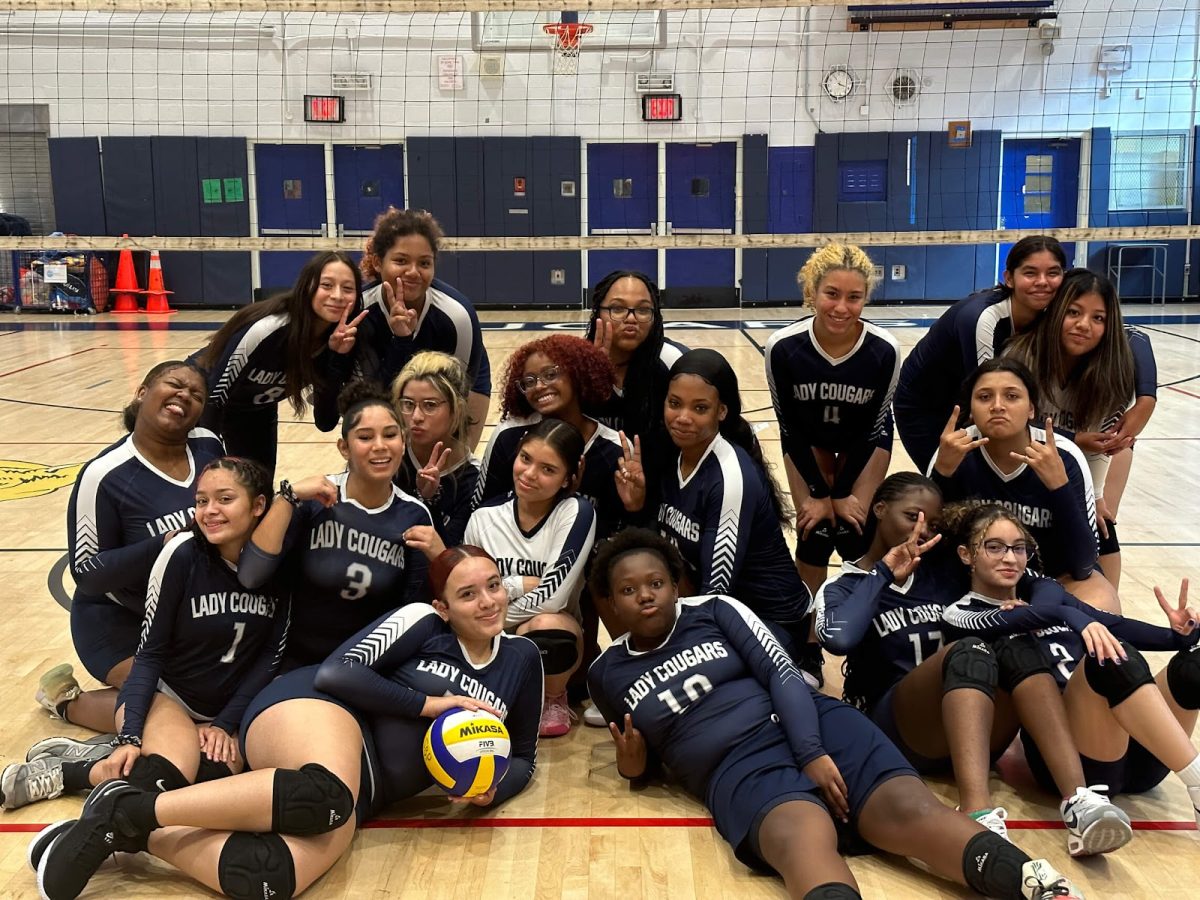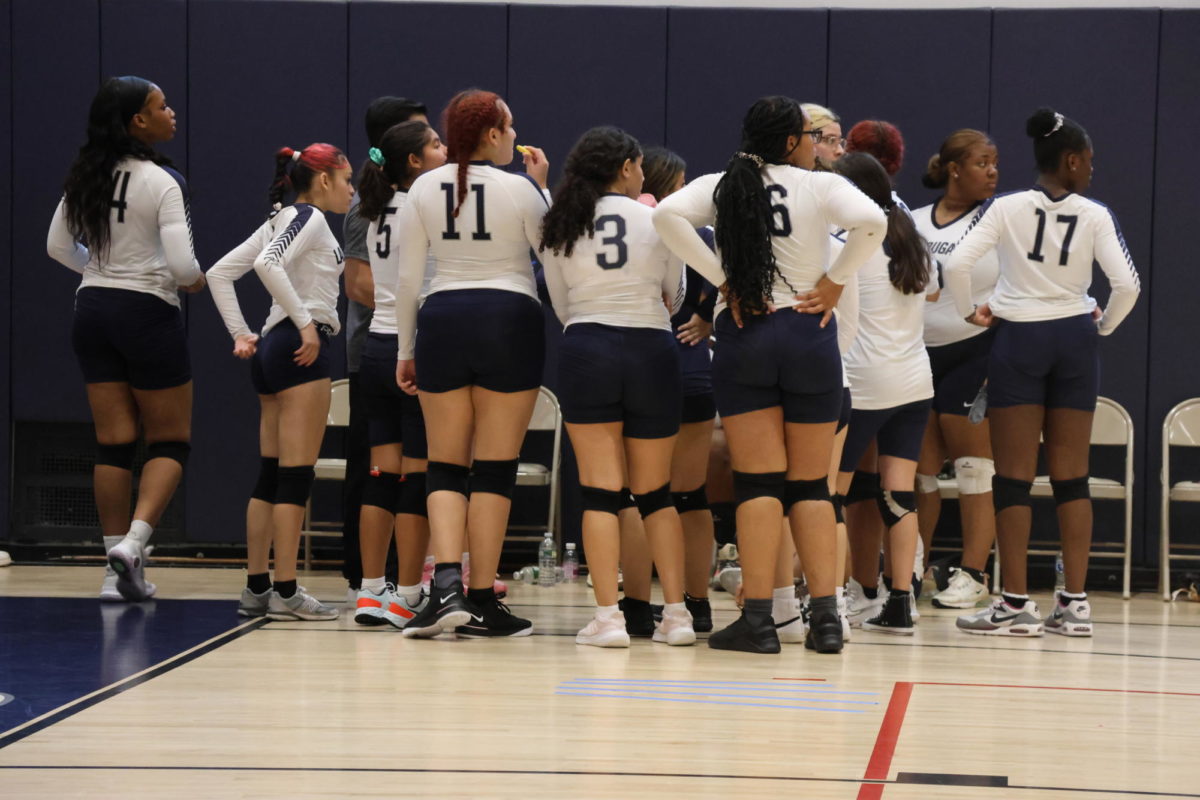What are standardized tests? And why are they a significant issue?
Standardized tests are exams given to all students to measure their academic performance in all subjects. They usually include multiple-choice, short-response, and essay questions. There are different types of standardized tests: SATs, ACTs, state exams, regents, and APs. These tests are meant to be fair, but they have become a significant issue in the school community. For students, these tests can create a lot of stress and pressure as their scores often impact their grades and future opportunities, like college admissions, scholarships, and career prospects. For teachers, it can make them feel pressured to teach only what’s on the test, focusing on test preparation rather than on broader education goals. Not only does it affect both students and teachers, but it can also influence the school’s funding and reputation. Additionally, standardized tests have been criticized for being unfair to certain groups of students, such as those who don’t speak English as their first language and oftentimes, these tests don’t accurately reflect the abilities of all students, particularly, those with learning differences and disabilities. As a result, school communities are questioning whether or not standardized tests are the best way to measure student success and provide a quality education.
Sources: What’s Wrong With Standardized Tests? (Updated October 2023) and Standardized Testing & Student Assessment
What are the pros and cons of standardized testing?
Pros:
- Provides a fair and objective way to measure student learning
- Helps identify areas where students need extra support
- Can predict success in college and careers
- Helps teachers and schools improve instruction
Cons:
- Only measures a narrow range of skills and knowledge
- Can be biased against certain groups of students
- Doesn’t account for individual differences and learning styles
- This can lead to teaching only what’s on the test
- Causes stress and anxiety for students and teachers
- Doesn’t measure important skills like creativity and critical thinking
Sources: www.britannica.com, standardizedtests.procon.org, and www.whitbyschool.org
Let’s hear from some members of the 223 community about their thoughts and opinions on standardized tests.
When asked about the effects of testing on students and teachers,
Mrs. Downs, Assistant Principal, mentions how standardized tests can, “cause a lot of stress because it’s not a place where lots of kids feel successful and it’s used to label students in a way that seems unfair like level 1, level 2, level 3 and level 4. We’re not breaking kids into four groups and saying you’re good and you’re bad, we’re looking at them more holistically and saying these are the things you can do well on and these are the things you can work on. I don’t like the way we label kids based on standardized test scores.”
Mrs. Downs highlights the negative impact of standardized testing on the school community. She emphasizes that these tests create stress for many students who don’t feel successful taking them. She criticizes the practice of labeling students based on their test scores, arguing that it unfairly categorizes their individual strengths and weaknesses. Her response suggests that standardized tests fail to recognize the potential of students, leading to false evaluations of their academic performance.
Ms. Nedjra, 10th Grade Global History Teacher, shares her opinions on standardized tests, “A lot of times in schools where there is a lot of testing, teachers feel pressured to teach to the test. I’ve met a lot of other teachers who teach at regents school and they say that it sucks. They have to teach what’s on the regents and when I told them what I am teaching, they wished to have that opportunity.”
When asked about finding other ways to prepare students to take these exams,
Mrs. Torres, Guidance Counselor, shares that it’s important to have “realistic conversations with students to prepare them and get them comfortable enough to be able to perform and be ready for it.”
Mrs. Torres emphasizes the importance of “reality conversations” with students to prepare them for standardized tests, showing that standardized tests require more than just knowing the material; they also need students to handle the stress and develop test-taking skills.
When asked about why PBATs are better than regents, Ms. Jimenez, 12th Grade Team Leader, shares that “having worked at both a regents school and a PBAT school (consortium school), I understand the differences between both. Regents test, among other things, your ability to memorize a bunch of facts about a topic. Whereas, all the work that students do in preparation for writing a PBAT, helps them to learn the topic more deeply. They are able to apply research, critical, and analytical skills to the process of writing each PBAT. Students learn better when they are able to apply what they learn to the real world and each PBAT allows students to do so.”
When asked about sharing their personal experiences with tests, Dulce Maria Gutierrez, class of 2026, shares her experiences, “I don’t mind taking standardized tests because I don’t struggle much with them. However, I do know other students struggle a lot with certain subjects and I can sympathize with them because of my AP Chem test…I struggled so much with it.”
Gutierrez also shares that, “they give us practice tests, quizzes and we do classwork that all help us practice skills we would need to use to do well on the regents exam.”
Evangeline Espinoza, class of 2026, shares her experiences, “I struggle a lot with tests because I do not like being timed for my work, I feel like it makes it harder and puts lots more pressure on me. Also in a way, it’s very understimulating. You can get bored easily on a test and it demotivates me.”
What are some alternatives to standardized tests? And what local organizations help solve this issue?
We know that standardized tests are inaccurate, inequitable, and often ineffective at gauging students’ knowledge. The good news is that there is a better way: Performance-Based Assessment Tasks (PBATs) are a type of assessment that allows students to demonstrate knowledge and skills through critical thinking, problem-solving, collaboration, and the application of real-world situations. In other words, it helps students prepare for college, career, and life.
Source: www.nea.org
Some examples of performance-based assessments include:
- Research papers
- Presentations
- Experiments
- Portfolios
For more information, please visit: www.nysed.go
Local Organizations:
Alternatives and local organizations can help address the limitations of standardized testing by offering a wide range of assessments, focusing on students’ growth, and encouraging teacher collaboration by supporting students in the process and giving them resources. For local organizations, they can discuss education issues, support opt-out initiatives, advocate for policy changes, and promote education justice. By working together, the community can create a more inclusive and supportive environment that prepares students for success in the future.
Calling for Action
Collaborate with local organizations to join the movement for a fair education system. Together, we can use our collective voices to advocate for policies that prioritize the diverse needs of students. By collaborating, we can make an impact on reshaping the education system and ensure that every student has an equitable chance to succeed.





















John Lewocz
Jun 21, 2024 at 9:07 am
>> For students, these tests can create a lot of stress and pressure
And college will be what? Zero stress? If you can’t handle the stress of a test how are you going to handle the stress of college?
BTW, as someone who has a masters in education, and who attended two different education colleges to get it, degrees in education are so easy that it’s more like elementary school than college. This is why many of our “educators” don’t grasp the stress of most other college degrees.
>> For teachers, it can make them feel pressured to teach only what’s
>> on the test, focusing on test preparation rather than on broader
>> education goals.
This is like saying that all stopwatches should be eliminated because SOME only measure to tenths of a second. The scope of a test can be broadened.
Second, what makes anyone think that every single teacher, all 3+ million of them, have any awareness of “broader education goals”. I’ve come across teachers who barely know the material they’re supposed to teach.
My son took AP Calculus this year which the teacher taught in a very rigorous way. But the teacher had to teach the class topics that the pre-calculus teacher SHOULD have taught them the previous year.
When I was a physics teacher my next-door colleague taught the same course at a kindergarten level, with zero math. Any kid planning to be an engineer in that class would be screwed. This is what happens in the absence of a standardized test.
Also, if your teaching is really so “broad”, the “narrow” ST should be no problem whatsoever. It’s like me claiming that I can do 1,000 pushups and then balking when you ask me to do only 10. I call bu*****t.